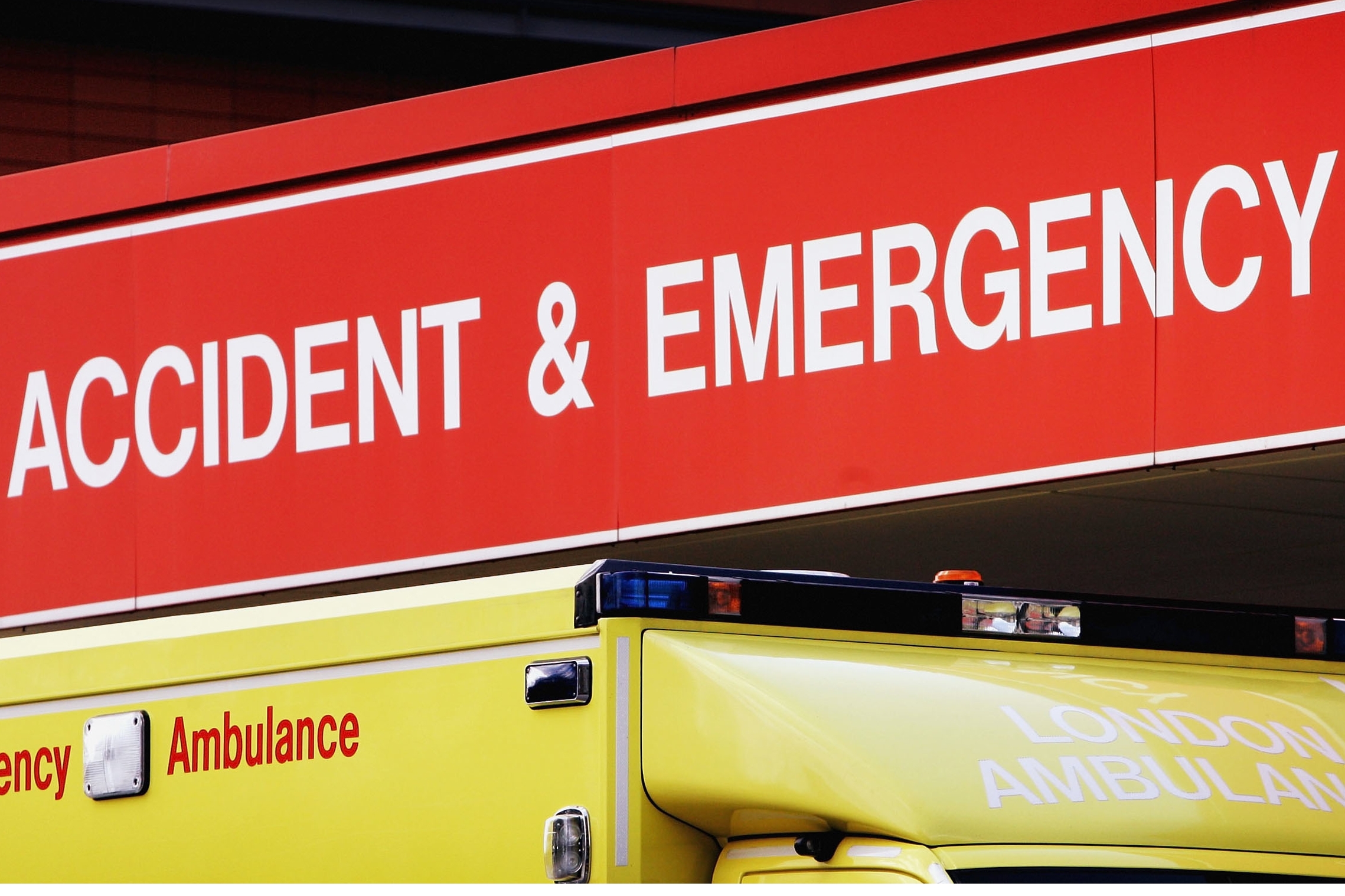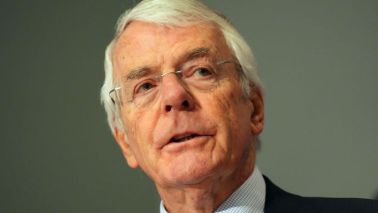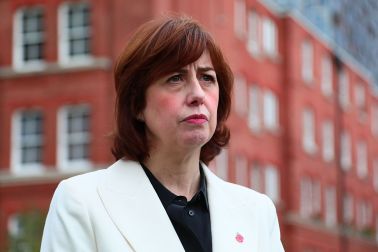We were lucky. The ambulance came in half an hour. By then my teenage son Edward was unconscious. He’d had a headache the day before, but by the evening he seemed to be getting better – sitting on the sofa, watching telly, annoying his little sister. We’d been through the meningitis checklist on the NHS website: no rash; no stiff neck; no aversion to bright light. He ate a big supper and went to bed. In the small hours he started vomiting. We thought it was the norovirus. By dawn he was delirious. Then he stopped responding altogether.
My wife and I went with Edward in the ambulance. The paramedics wired him up to all sorts of devices and drove to hospital with the siren on. When we arrived at A&E, a full team of medics was waiting for us. With no time to find out for sure, they decided to treat Edward for meningitis. For the next 24 hours he was unconscious. He woke up the next morning, in intensive care, completely compos mentis. He didn’t know where he was, or what had happened. He was weak and tired. He had a sore head and blurred vision, but mercifully his faculties were unimpaired.
I have no doubt at all that the NHS saved my son’s life – the speed with which they treated him, their quick thinking, their expertise. It turned out he had pneumococcal meningitis, a particularly virulent form of the disease, with initially mild symptoms. Yet there was no way of knowing this when we first arrived at A&E. The medics had to treat Edward blind, giving him a range of antibiotics in the hope that one of them would match his particular type of meningitis. They gave him three different sorts. Thankfully, one of them was the right match, and he responded.
Why am I recounting this? Firstly, to say thank you. During those first 24 hours, and the subsequent week we spent in hospital, Edward was treated by countless skilled and learned specialists, and many more we never saw. The decisions these medics made were crucial. The care he received was superb. Thanks to all those people, my son suffered no lasting damage. He should make a full recovery. This was the NHS at its finest, and it was profoundly moving to behold. Things which go wrong are always more newsworthy than things which go right, but amid all the terrifying stories about all the people who’ve had terrible experiences of A&E this winter, it feels only fair to speak up about an emergency trip to A&E which could easily have ended horribly, yet went miraculously right.
However there is another reason I wanted to put my own experience on the record, apart from spreading the word about how innocuous the early signs of meningitis can be. We were told in no uncertain terms that even a few hours delay could have been very serious. What if an ambulance hadn’t been there for us so quickly? What if our nearest hospital hadn’t had enough room for us, or enough staff? What if? Like I said, we were very lucky. I don’t know what needs doing to make sure every NHS patient receives the kind of care we had, but after this Christmas I know nothing matters more.







Comments